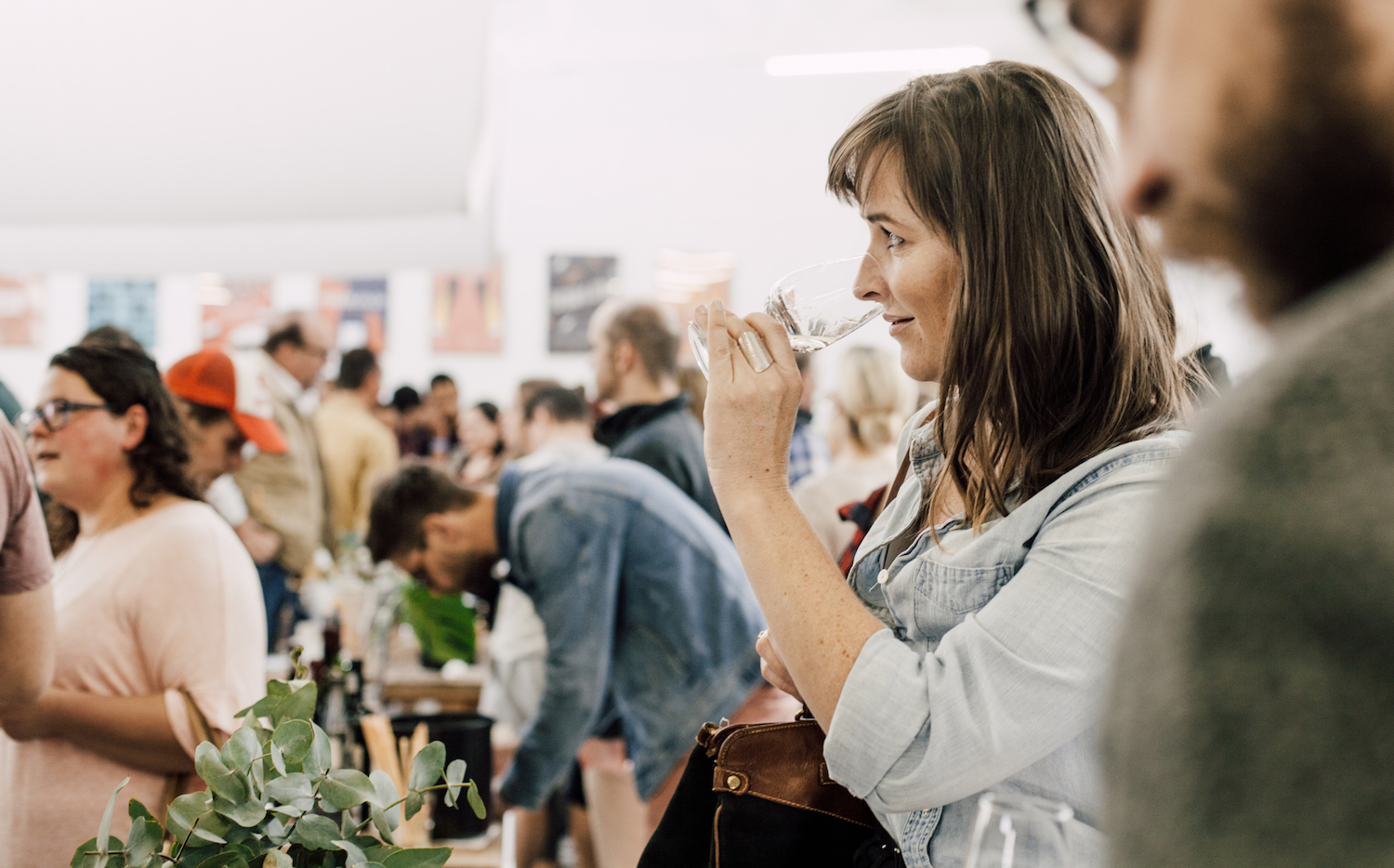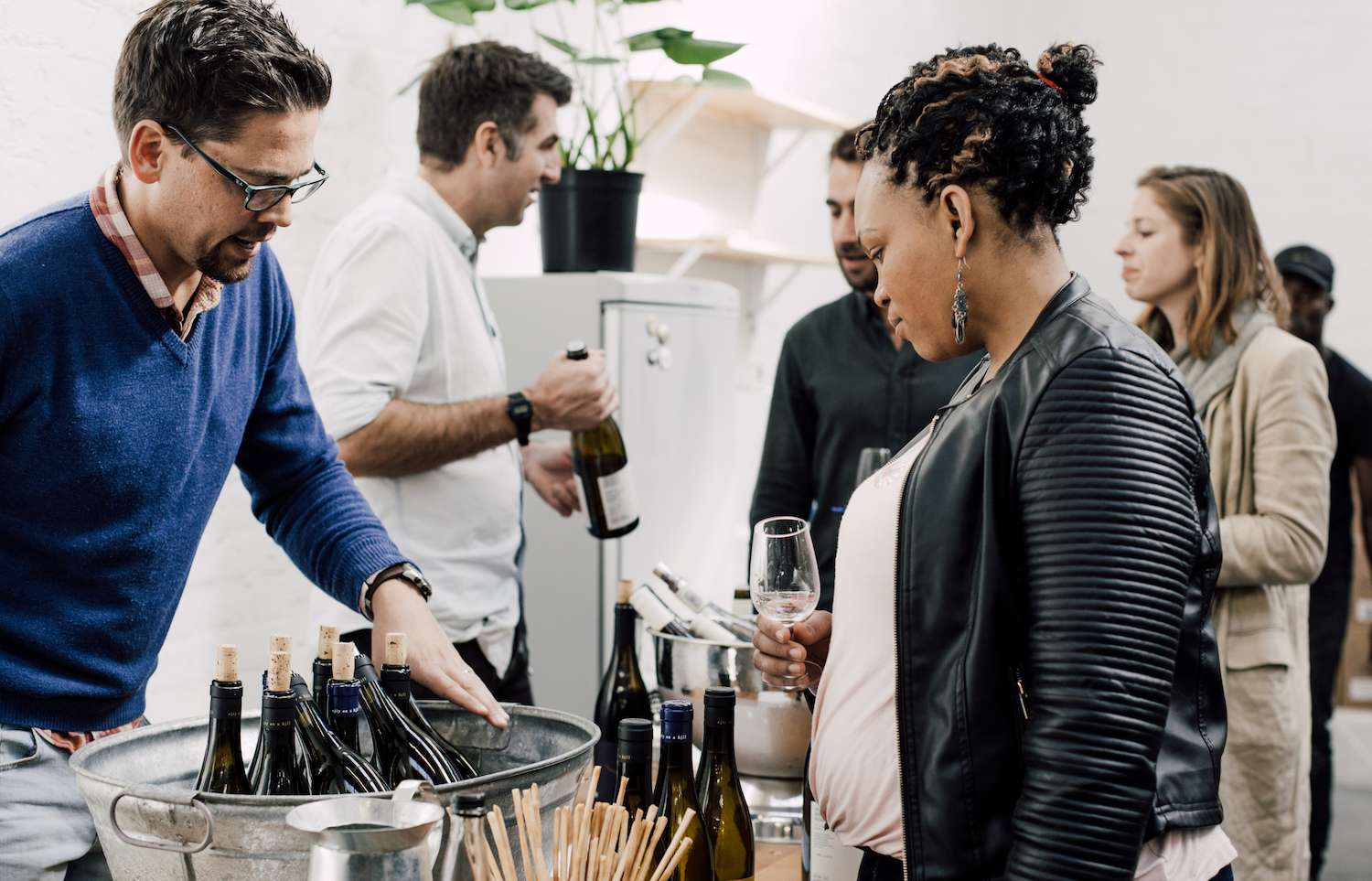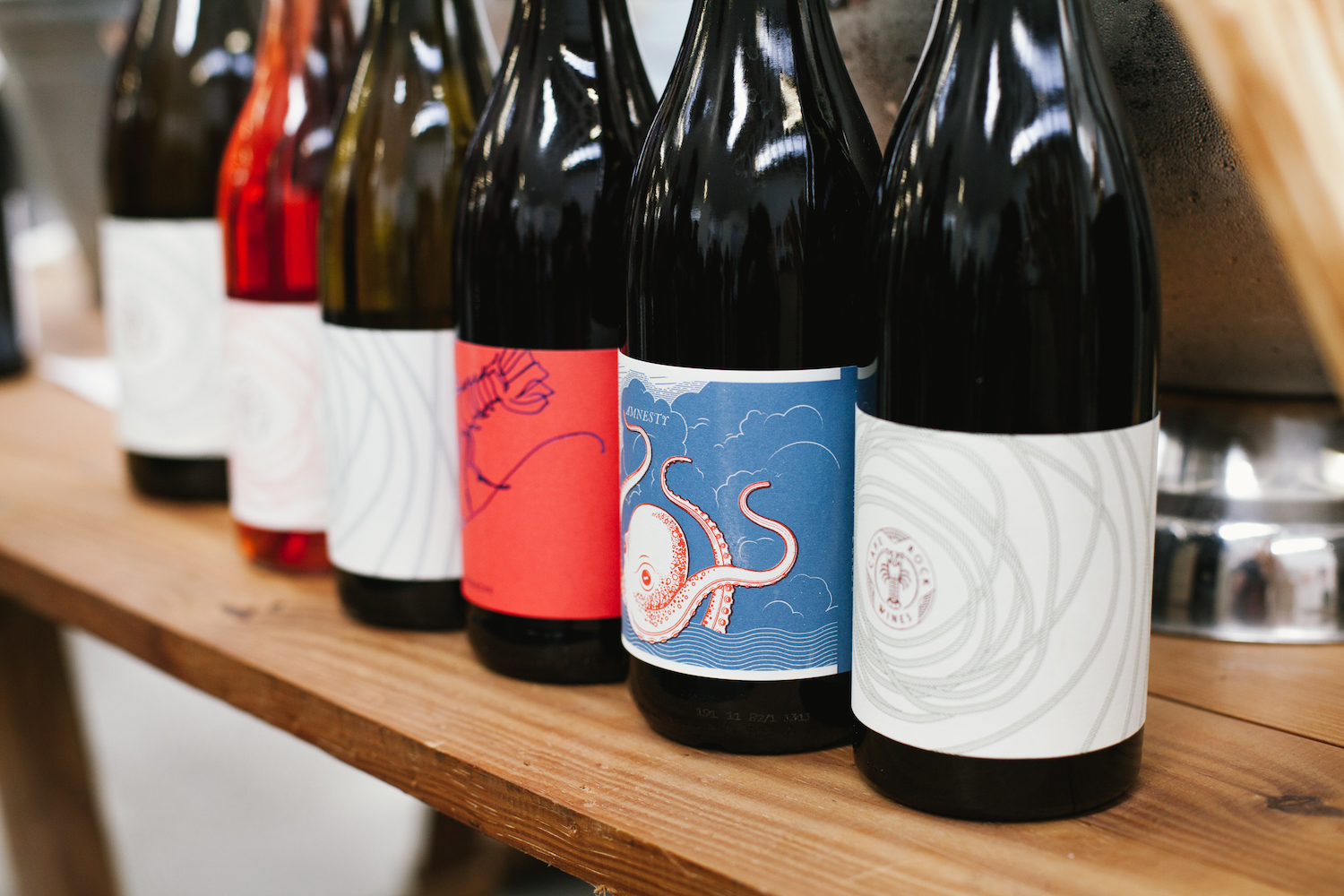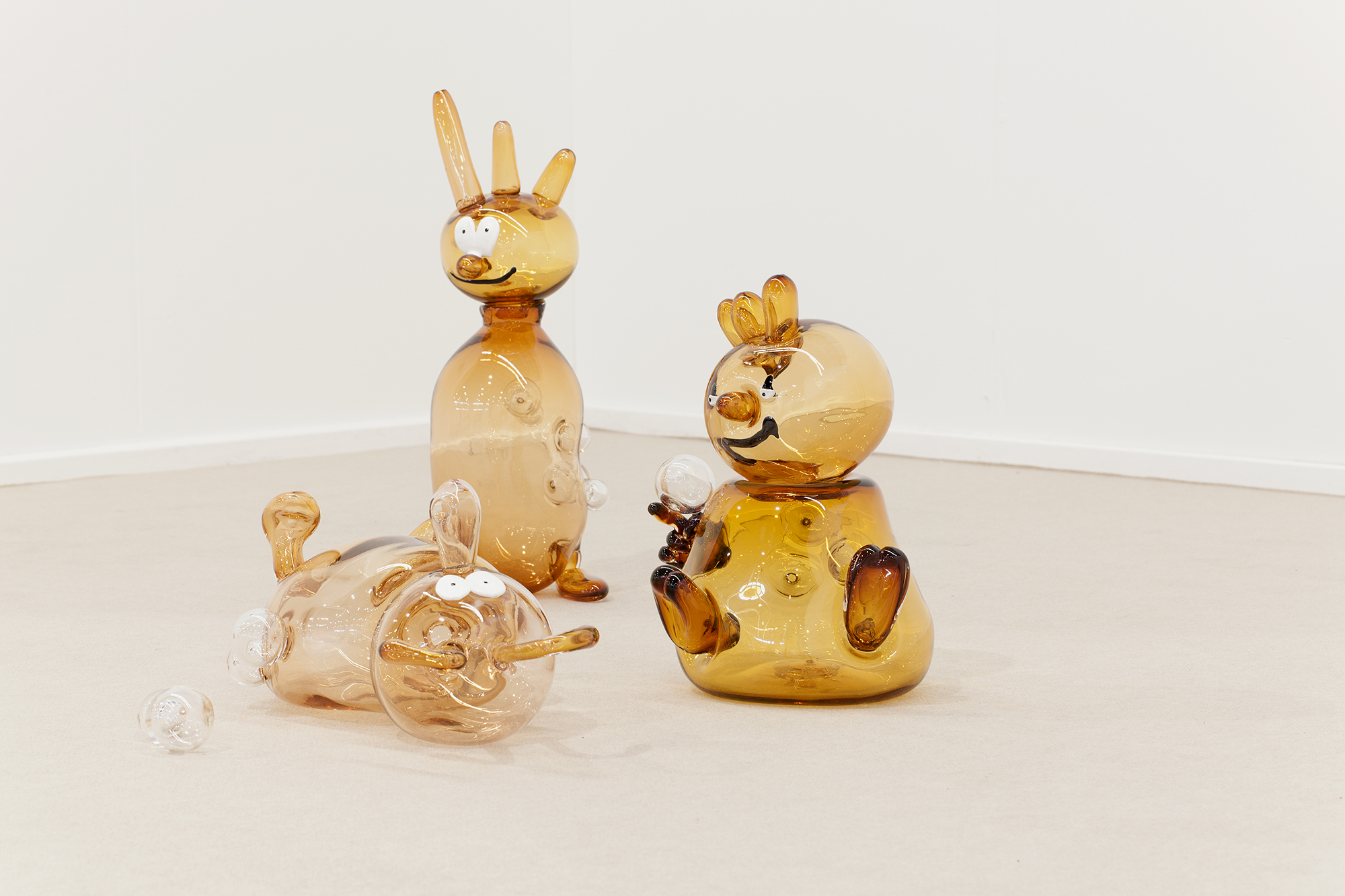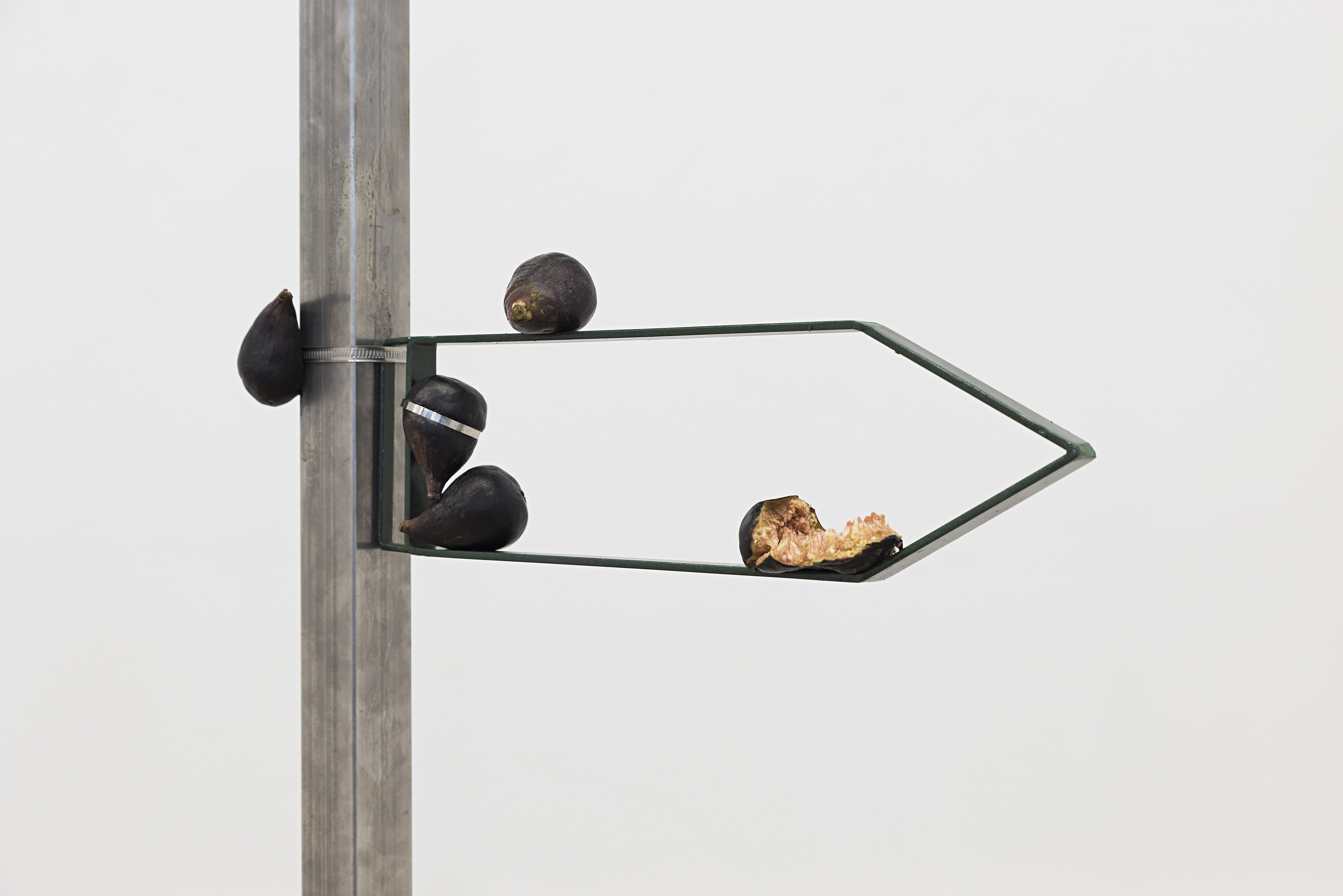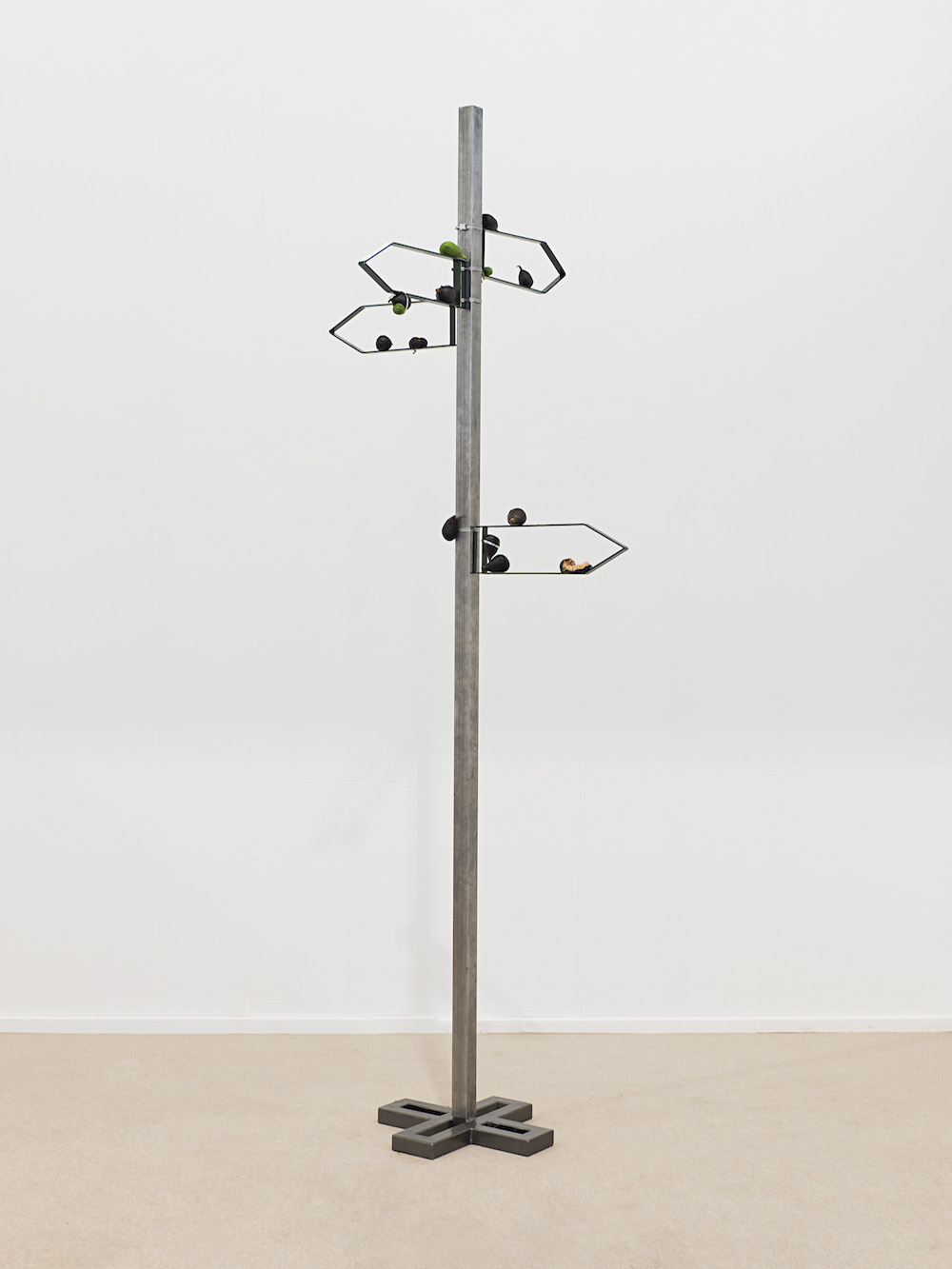Launched in 2013, the first presence of Publik was felt in Cape Town in the crisp casing of a wine bar situated in city bowl. With the ambition to make known, wines produced by independent winemakers, Publik rose to exhibit and support artisans that had a minimalist approach to winemaking and worked with more unfamiliar grape varieties. An organic process allowing the grapes to prescribe the wine rather than making use of recipes instilled through manipulation in a cellar – here is where the passion of Publik lies. “These wines offer unique flavours, character and great value.” expresses Publik’s Director David Cope.
Publik has become known for identifying these distinctive winemakers and their creations sharing them with excited audiences from their Cape Town home, and soon here in the heart of Joburg. Since their inception, the wine bar has expanded to encompass a national business, taking on the personality of an online store, selling artisanal wines as well as supplying to the trade. All the while staying true to their initial ambition and core values. In addition to all this, is the Publik wine fairs.
With the roaring success of their Cape Town wine fair that took place earlier this year, Publik will be hosting their first Johannesburg iteration in mid-October in the centre of the arts and culture precinct of Newtown, at the iconic Turbine Hall. A building that forms an integral part of the architectural history of the city, a power station in a previous lifetime.
The Johannesburg event will have over 100 wines from more than 30 artisan winemakers on display making it an event unalike in calibre. Grown in traditional regions such as Stellenbosch, Swartland, Sutherland and Prieska, the event promotes local independent artisans and aims to create a relaxed environment for the enjoyment of wine tasting. The artisans of the day will include; Alheit, Crystallum, FRAM, Thistle & Weed, Franco Lourens and Lowerland to name a few. In addition to winemakers, there will be grape varieties unfamiliar to most available such as; Grenache Gris, Touriga Nacional, Pinot Gris, Tempranillo, Durif and more.
“While Cape Town is surrounded by winelands making it easier to discover smaller independent winemakers, Johannesburg rarely gets the opportunity aside from a few industry-focused events. Johannesburg has a bigger market but far less of these wines are sold here, purely because they don’t get exposure. This event is a chance to change that…” shares Cope.
Publik is focused on giving a platform for wine artisans who use organic, biodynamic and minimal intervention wine production methods. Cope explains that this interest manifested from a question regarding consumer nature. He states that there is an interest in knowing more about the production and growth of products such as fair-trade coffee and ethical meat, yet consumers seldom question where the wine they buy in grocery stores come from or how it is made. “The truth is most wines are a very commercial product, quite manufactured. While these wines are essential to the industry, there is another side of wine and we want customers to ask questions, find out more about how wines are made and realise not all are made in sustainable, honest methods that we prefer.”
So, what is important when it comes to wine tasting? Cope shares, “Wine tasting is 100% subjective: nobody tastes exactly the same thing. So best not to worry about how much or little you know. Best to simply taste wine like you would food and ask yourself: do I like this or not. It’s so easy to get caught in the details and confusing technical stuff, which is sad if it’s at the expense of discovering new wines you may like…”
The Wine Fair will take place on the 21 October 2018. To secure your tickets visit Publik’s website. Limited tickets available.
